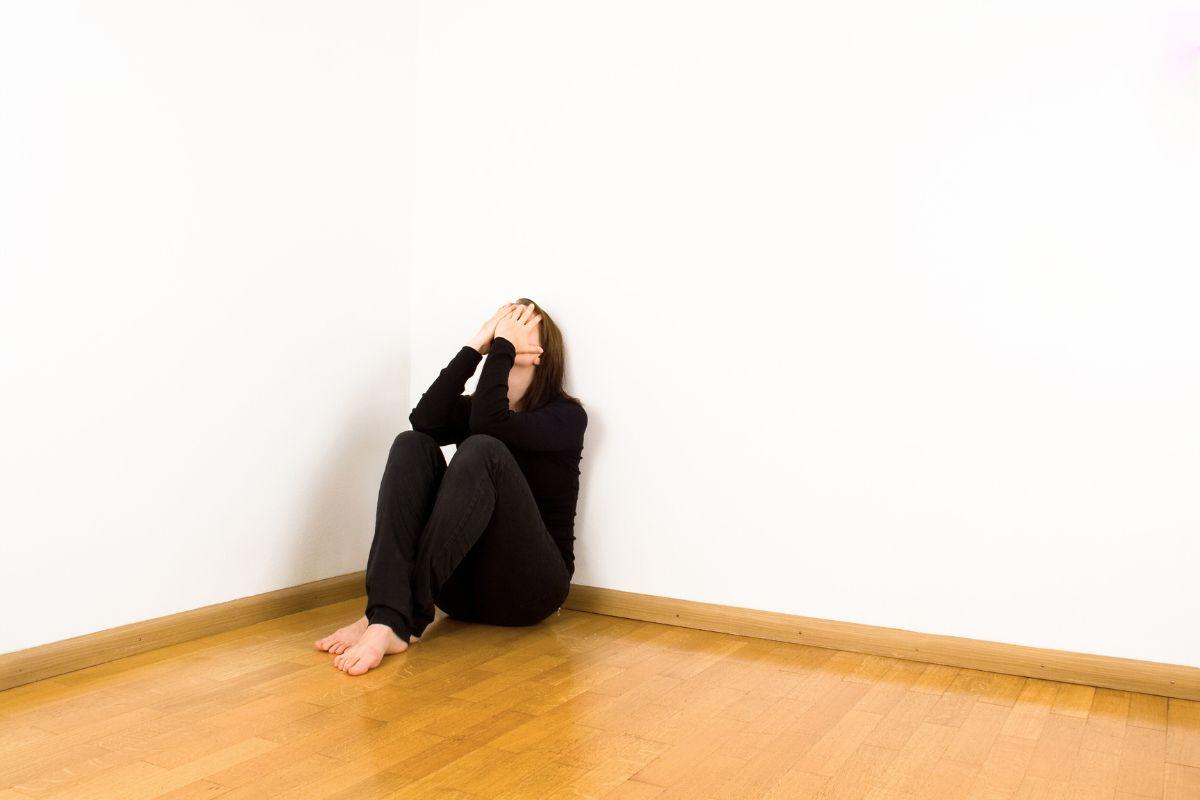Written by Dr Adil Jawad for Doctify
Mental health is still a subject that is approached with caution and sometimes even fear. The greatest tool to combat this wariness is to make sure we’re informed and educated. And considering that approximately 1 in 4 people in the UK will experience a mental health problem each year, we should keep the conversation about mental health going however we can.
Psychiatrist Dr Adil Jawar is here to tell us about bipolar disorder, how its diagnosed and the potential treatment options.
What is bipolar affective disorder?
People diagnosed with bipolar affective disorder will have severe mood swings. These usually last several weeks or months and are far beyond what most of us experience. These are:
- Low or ‘depressive’ feelings of intense depression and despair
- High or ‘manic’ feelings of extreme happiness and elation
- Mixed – for example, a depressed mood with the restlessness and over-activity of a manic episode
Who is most likely to suffer from it?
Men and women are affected equally. It usually starts between the ages of 15 to 19 and it rarely starts after the age of 40. About 1 in every 100 adults has bipolar disorder at some point in their life.
What are the most common symptoms?
The symptoms depend on the phase of the illness.
In Depression
- Low mood
- Losing interest in things
- Not able to enjoy things
- Lack of self-confidence
- Feeling useless, inadequate and hopeless
- Suicidal thoughts
- Difficulty making decisions
- Difficulty in concentrating
- Loss of appetite and weight
- Difficulty in getting to sleep
- Waking earlier than usual
- Feeling utterly tired
In Mania
- Feeling very happy and excited
- Irritated with other people who don’t share your optimistic outlook
- Feeling more important than usual
- Full of new and exciting ideas
- Moving quickly from one idea to another
- Hearing voices that other people can’t hear
- Full of energy
- Unable or unwilling to sleep
- More interested in sex
- Making plans that are grandiose and unrealistic
- Talking very quickly – other people may find it hard to understand what you are talking about
- Making odd decisions on the spur of the moment, sometimes with disastrous consequences
- Recklessly spending your money
- Less inhibited in general
If an episode of mania or depression becomes very severe, one may develop psychotic symptoms.
What are the treatment options?
Medications are prescribed to stabilise mood
There are several mood stabilisers, some of which are also used to treat epilepsy or schizophrenia. A psychiatrist may need to use more than one medication to control mood swings effectively.
Lithium
Lithium has been used as a mood stabiliser for 50 years. It can be used to treat both manic and depressive episodes.
Anti-epileptic medications
Sodium Valproate should not be prescribed to women of child-bearing age. Carbamazepine and Lamotrigine are also effective for some people.
Antipsychotic medications:
Medicines like Olanzapine or Quetiapine.
Much depends on how well you get on with a particular medication. What suits one person may not suit another, but it makes sense to first try the medications for which there is better evidence.
Psychological treatments
In between episodes of mania or depression, psychological treatments can be helpful. Treatment usually involves around 16 one-hour sessions over a period of 6 to 9 months. Psychological treatment should include:
- Psycho-education – finding out more about bipolar disorder
- Mood monitoring – helps you to pick up when your mood is swinging
- Help to develop general coping skills
- Cognitive behavioural therapy (CBT) to prevent a full-blown or depressive episode
What are some of the most common misconceptions about bipolar disorder?
Bipolar disorder is just mania
Bipolar disorder includes a wide-range of mood disturbances, from mania and hypomania to depression. Mania is a state of significantly elevated mood that results in severe disruption to daily life, sometimes involving psychotic symptoms. Hypomania is similar, but not as intense or disruptive as mania. Depression is a state of persistent low mood and decrease in energy and activity.
There is only one type of Bipolar disorder
According to the widely used manual for mental health disorders, the Diagnostic and Statistical Manual (DSM-5), there are four types of Bipolar disorder, all distinguished by different experiences and intensities of mood disturbances
- Bipolar I – manic episode
- Bipolar II – hypomanic and depressive episodes
- Cyclothymic Disorder – hypomanic and depressive symptoms
- Bipolar Disorder Not Otherwise Specified – bipolar-like mood disturbance that does not fit the pattern of the other diagnoses.
People who have Bipolar disorder are just moody
People with Bipolar disorder do experience highs (mania/hypomania) and lows (depression), however these moods are different from the everyday fluctuations we all experience. The highs and lows in bipolar disorder are extreme, often occur out of context, can last for several days, weeks or months. The experience can be very debilitating, sometimes even requiring short stays in hospital. The World Health Organisation estimates Bipolar disorder to be one of the leading causes of disability in the world, and the lifetime risk of death by suicide in Bipolar disorder is around 15 percent.
Medication is the only treatment for Bipolar disorder
Medication is often the first line treatment for Bipolar disorder, however, psychological therapies such as cognitive behavioural therapy (CBT), family-focussed therapy, and interpersonal and social rhythm therapy have been shown to help minimise symptoms and reduce the risk of future episodes.
A combination of psychological treatments and medication have the most effective and enduring outcomes.
Suicide is not a problem and only a small number of people take their own lives
Suicide is a significant problem that needs to be addressed. Suicides are the 11th leading cause of death. In UK one person commits suicide every 2 hours
References:
- http://www.rcpsych.ac.uk/healthadvice/problemsanddisorders/bipolardisorder.aspx
- https://www.sane.org/the-sane-blog/mythbusters/busting-the-myths-about-bipolar-disorder
- http://www.dbsalliance.org/pdfs/mythsfinal.pdf



